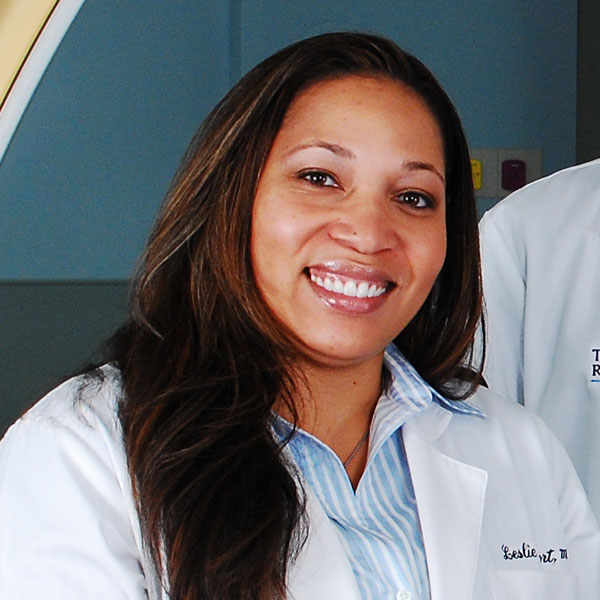What is nuclear medicine?
Nuclear Medicine imaging involves injecting radioactive materials called radiotracers into the bloodstream. In some cases, they may be inhaled or swallowed. Radiotracers make it possible to view parts of the body and diagnose conditions that would typically require surgery.
The images produced by nuclear medicine imaging can assist the physician in viewing, monitoring, detecting, or diagnosing:
- Tumors and other abnormalities
- Blood flow and function of the heart
- Respirator and blood-flow problems in the lungs
- Organ function
- Bone pain
- Cancer stage or spread
Types of nuclear therapies
There are several nuclear medicine procedures for diagnosing and treating illnesses and diseases. Some common procedures include:
- Radioactive iodine (I-131) – used to treat some causes of hyperthyroidism and thyroid cancer
- Radioactive antibodies – used to treat certain forms of lymphoma
- Radioactive phosphorus (P-32) – used to treat certain blood disorders
- I-131 MIBG (radioactive iodine labeled with metaiodobenzylguanidine) – used to treat adrenal gland tumors in adults and adrenal gland/nerve tissue tumors in children
Nuclear Medicine Locations
Imaging Centers & Clinics
What to expect during the procedure
During a nuclear medicine imaging procedure, you will be given radiotracers and asked to lie very still on a table. As the radioactive material accumulates in the organ or area of the body being examined, it gives off a small amount of energy in the form of gamma rays, which is detected by a special camera. The detailed images are then displayed on a screen.
Some patients may experience some minor discomfort from the injection site. Lying still on the table may also be uncomfortable for some patients.
Most of the radioactive material is expelled out of your body in urine or stool. The rest simply disappears over time, which can take anywhere from hours to months.
Nuclear medicine imaging is usually performed on an outpatient basis. Imaging time can vary, however, most exams take 20 to 45 minutes.
Triad Radiology offers Nuclear Medicine at a variety of locations, including hospitals, imaging centers, and clinics. Contact us if you want to learn more or schedule an appointment.



